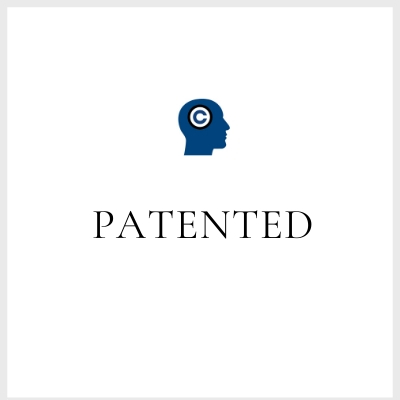
The present invention relates to a novel compounds for use in treatment or prevention of cancer, in particular to use of said compounds as an inhibitors of interactions between TRF1-TIN2 or TRF2-TIN2 telomeric proteins.

The subject of the invention is new peptide derivatives of platelet derived growth factor, for use of these compounds as a therapeutic agent for the regeneration and/or treatment of neurological wounds caused by mechanical, chemical, thermal and/or radiative injuries, surgical operations and/or other pathological conditions.

The present invention is directed to isolated peptides, compositions comprising same and methods of use thereof for treating tumors infiltrated with macrophages, such as glioblastomas.

A description of the invention will be available after the patent application is published. Nencki Institute is the co-applicant with International Institute of Molecular and Cell Biology in Warsaw and Maj Institute of Pharmacology Polish Academy of Sciences. International Institute of Molecular and Cell Biology in Warsaw is the leader in patent protection and commercialization-related activities. For more information contact Technology Transfer Office.

A description of the invention will be available after the patent application is published. Nencki Institute is the sole applicant. For more information contact Technology Transfer Office.

A description of the invention will be available after the patent application is published. Nencki Institute is the sole applicant. For more information contact Technology Transfer Office.

A description of the invention will be available after the patent application is published. Nencki Institute is the sole applicant. For more information contact Technology Transfer Office.

A description of the invention will be available after the patent application is published. Nencki Institute is the sole applicant. For more information contact Technology Transfer Office.

The subject of the patent application are compounds that inhibit transcription factors from the Grainyhead-like (GRHL) family, especially GRHL2, as well as the use of these compounds in the treatment of diseases dependent on the functioning of this protein, in particular in the treatment of cancer. Nencki Institute is the co-applicant with University of Warsaw and National Medicines Institutes. University of Warsaw is the leader in patent protection and commercialization-related activities. For more information contact Technology Transfer Office.


